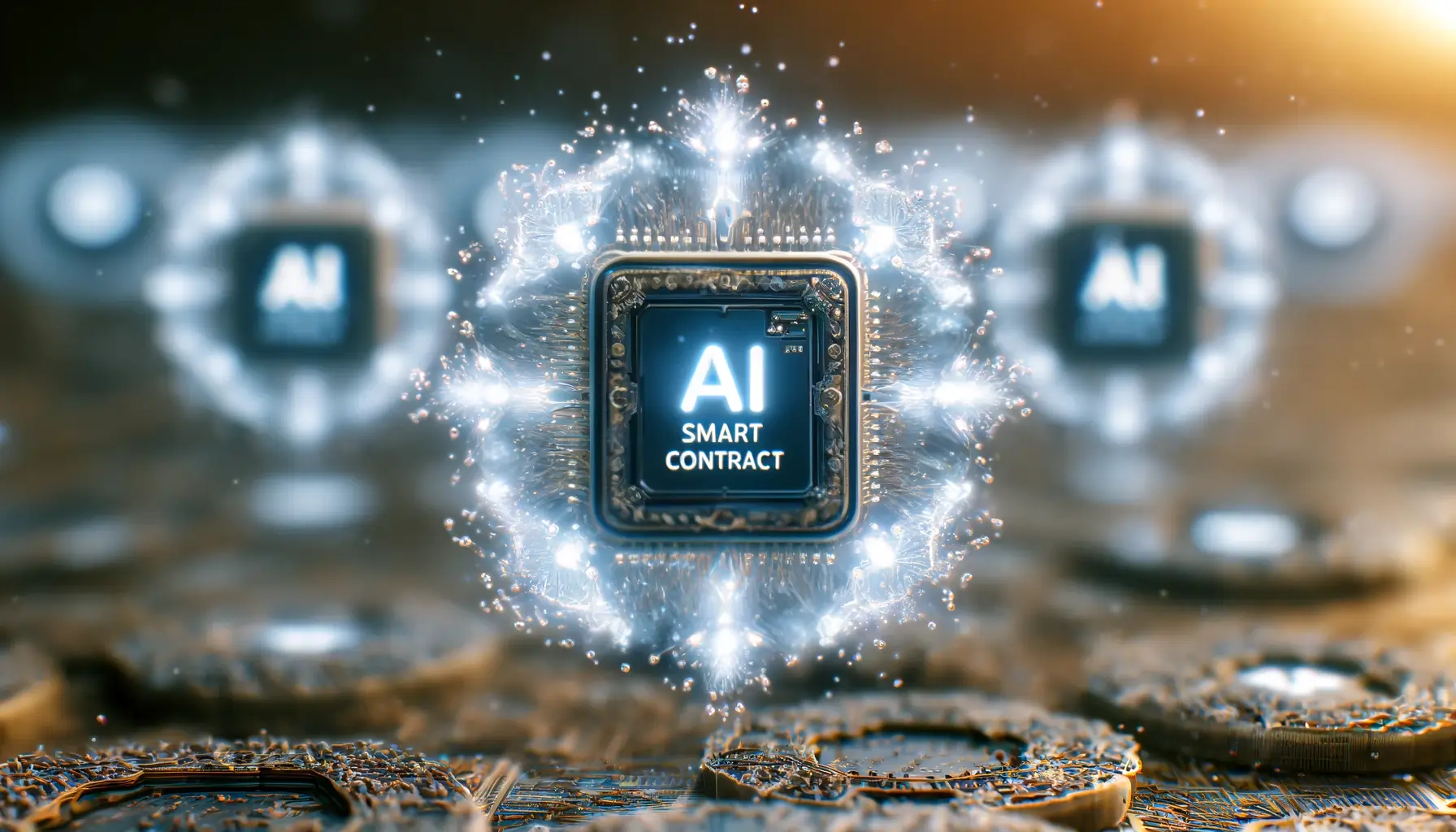The traditional methods of contract management are fraught with challenges, including lengthy processing times, high costs, and susceptibility to fraud. AI Smart Contracts offer a groundbreaking alternative, combining the robust security of blockchain with the intelligent decision-making of artificial intelligence.
This article explores how AI Smart Contracts are revolutionizing contract management, making transactions faster, more secure, and inherently reliable.
Let’s dive in!
What is an AI Smart Contract?
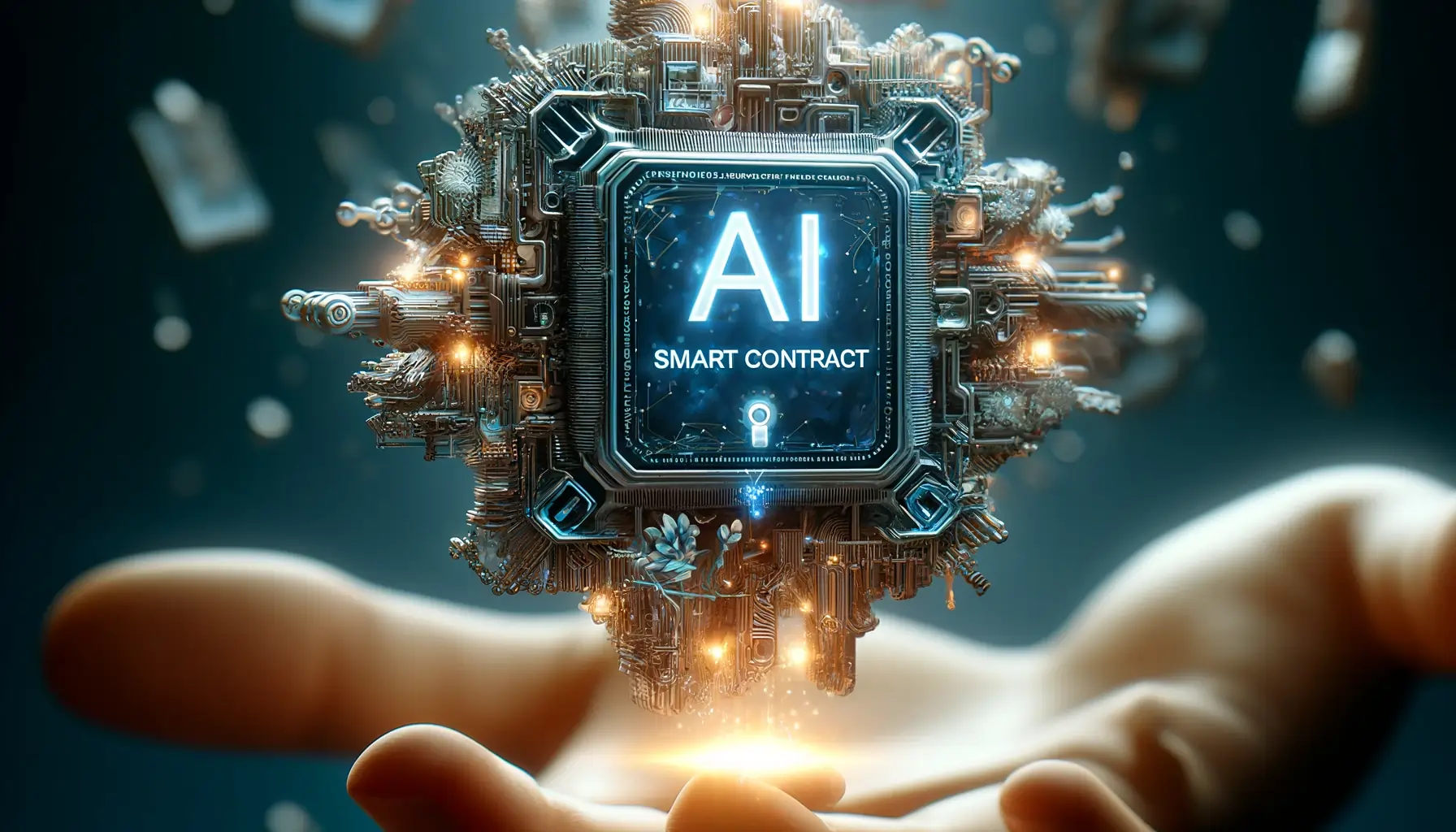
An AI smart contract is a digital agreement that combines the security of blockchain technology with the intelligence of artificial intelligence. Unlike traditional contracts, these are self-executing agreements that automatically enforce terms based on predefined conditions.
What sets AI smart contracts apart is their ability to learn and adapt. By integrating machine learning algorithms, these contracts can analyze historical data and adjust their behavior based on past interactions. This makes them highly reliable and efficient, reducing the need for intermediaries and minimizing human error.
Additionally, natural language processing (NLP) allows these contracts to understand and process human language, translating complex legal terms into code. This makes them accessible and easy to use, even for those without deep technical knowledge.
The Power of Artificial Intelligence in Smart Contracts
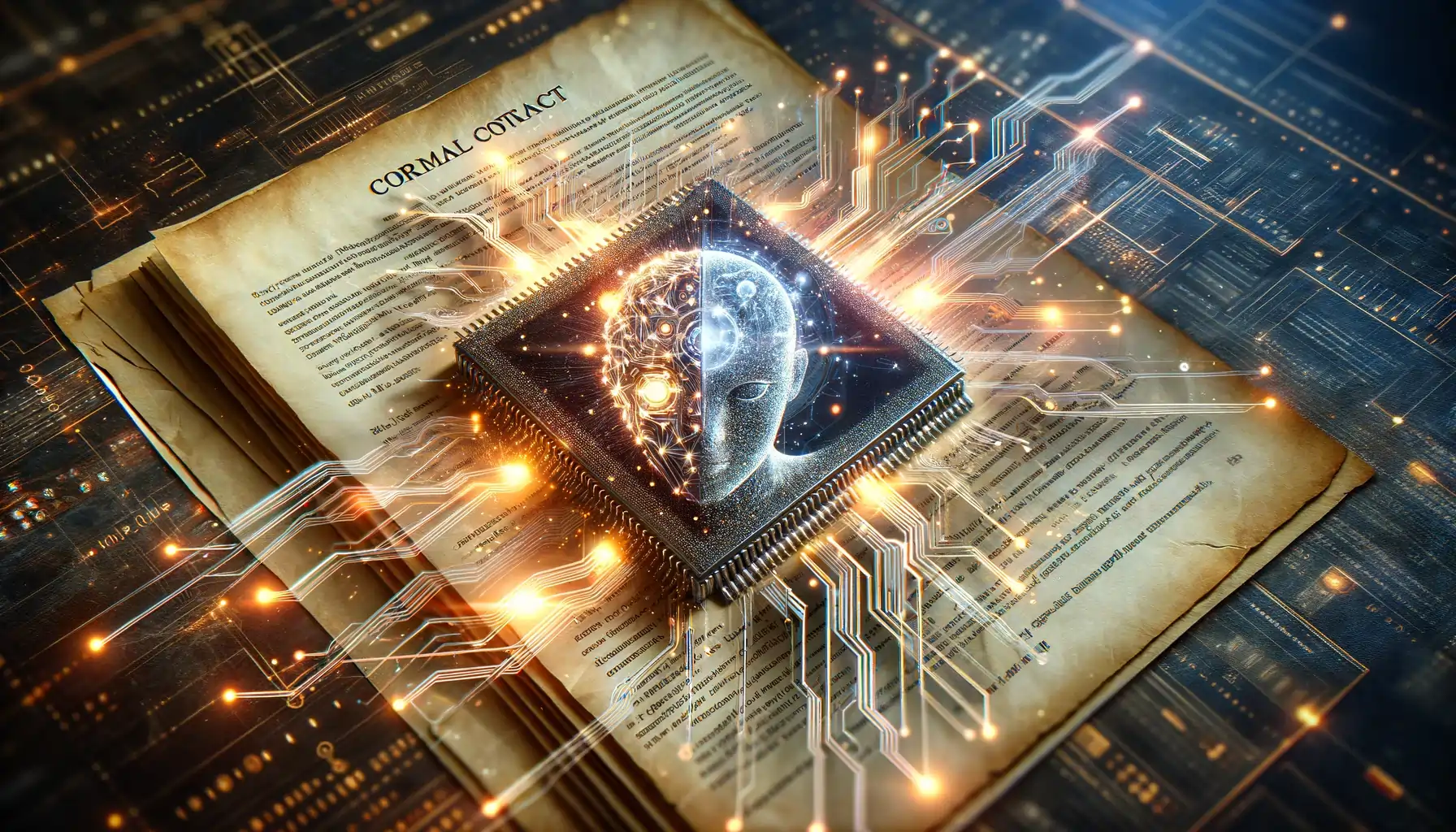
The infusion of AI into smart contracts transforms them from passive to proactive actors within digital ecosystems.
Through artificial intelligence, these contracts gain the ability to perform data analysis, recognize patterns, predict future outcomes, and make decisions that preempt potential issues, all in real-time.
For industries like the financial sector and supply chain management, where timing and accuracy are crucial, AI-enhanced contracts can drastically improve efficiency, reduce human error, and lead to significant cost savings.
The predictive analytics capabilities of AI enable smart contracts to execute not just based on the current state but also integrate forecasts and evolving trends, which is invaluable in dynamic markets and environments.
What are the Important AI Technologies for Smart Contracts?
Before exploring the transformative impact of AI smart contracts across industries, it is crucial to understand the technologies underpinning this evolution.
Now, we’ll delve into the key AI technologies driving smart contracts, revealing how they integrate seamlessly with blockchain to deliver smart, adaptive solutions for modern needs.
Blockchain Technology
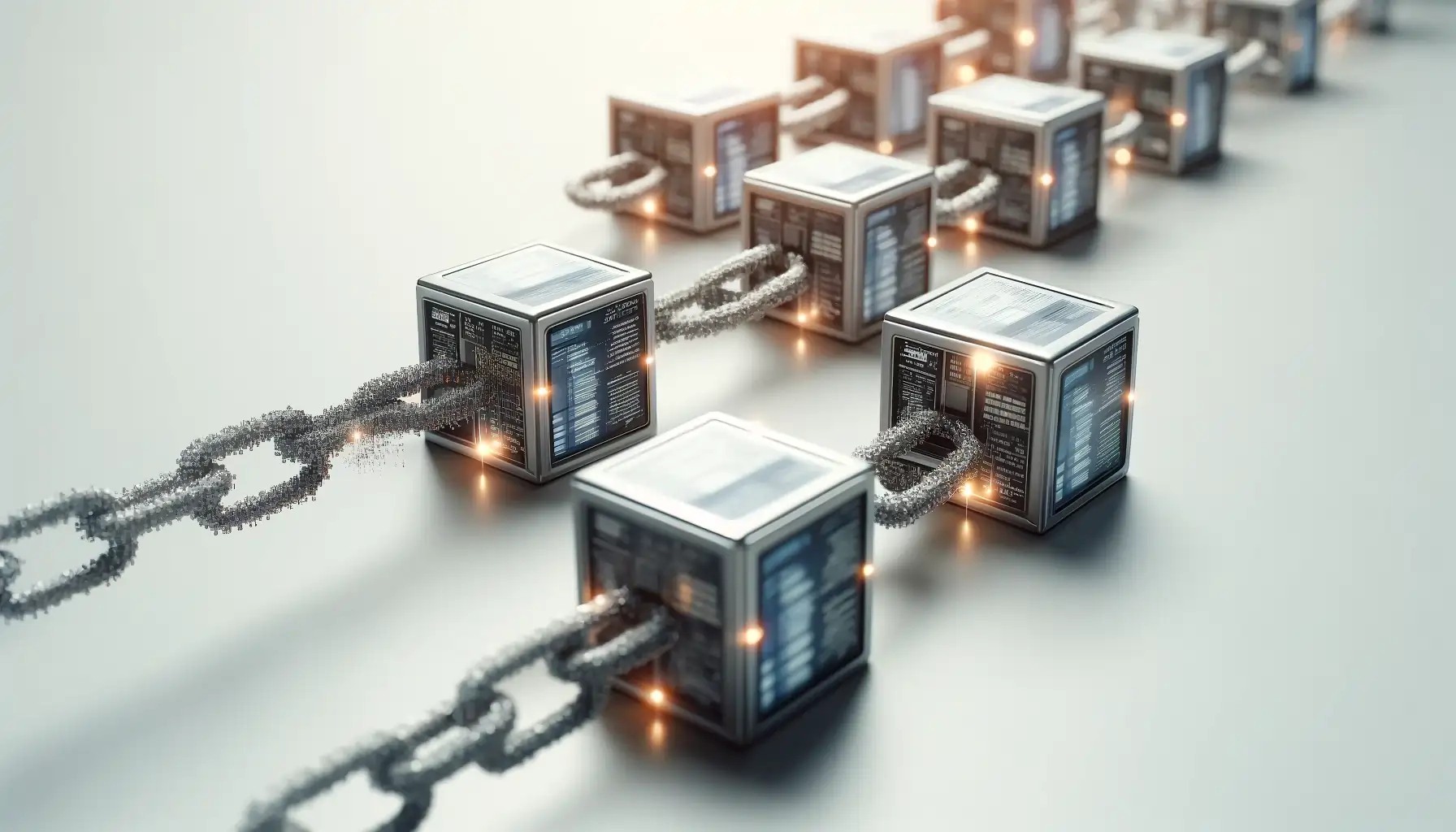
At its core, blockchain technology is pivotal in the development of smart contracts by providing a decentralized platform that ensures transparency, security, and immutability.
The blockchain acts as a public ledger, recording every transaction in a secure, verifiable, and permanent way.
This environment is ideal for AI smart contracts, as it provides a stable and secure framework where AI algorithms can operate efficiently.
By leveraging blockchain, smart contracts can execute with a high degree of trust and reliability, crucial for applications in the financial sector, legal industry, and beyond.
Machine Learning Algorithms
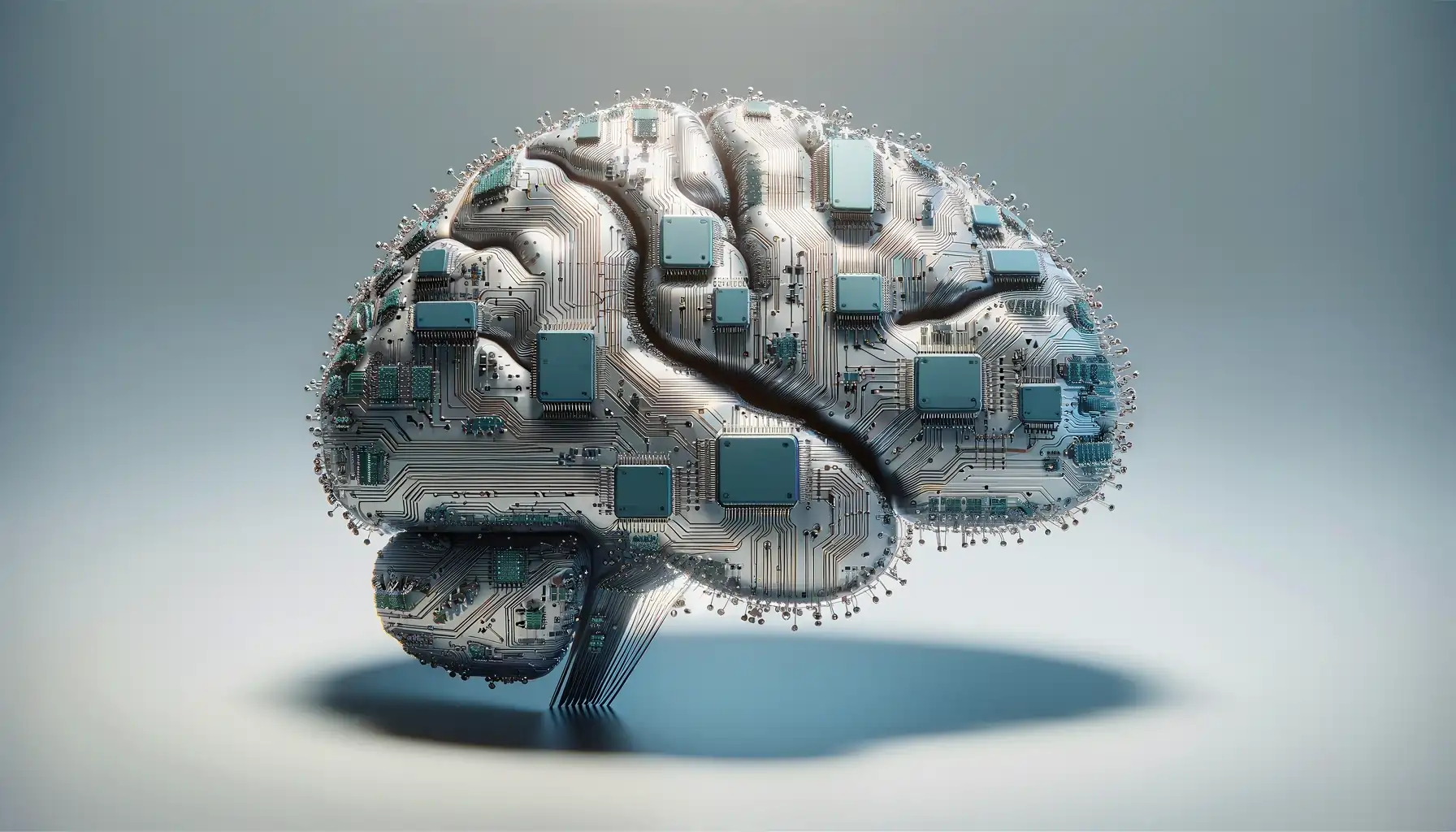
Machine learning algorithms are at the heart of making AI smart contracts intelligent. These algorithms allow contracts to learn from data, identify patterns, and make decisions with minimal human intervention.
In the context of smart contracts, machine learning can be used to optimize contract terms based on historical performance data, enhance security by predicting and mitigating potential fraudulent activities, and even tailor contracts to the specific needs of the parties involved.
This adaptive capability makes AI-powered smart contracts particularly useful for dynamic industries like supply chain management and healthcare, where conditions frequently change and require quick, informed decisions.
Natural Language Processing (NLP)
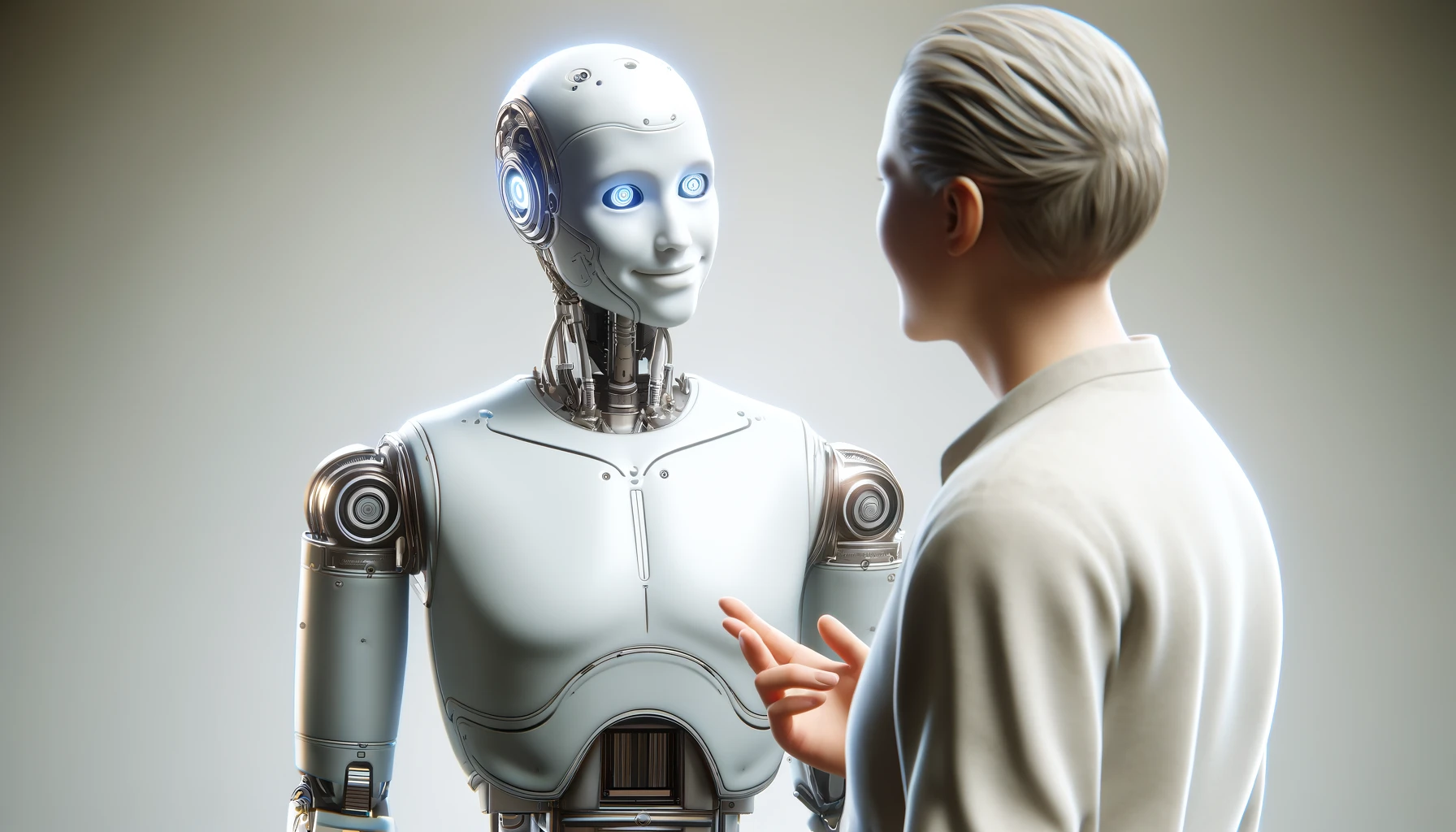
Natural language processing (NLP) enables AI smart contracts to understand and process human language, making them accessible to a broader range of applications.
NLP can translate legal language into code, automate the drafting of contract clauses, and even interpret the intents of the contracting parties to ensure that the terms align with their needs.
This aspect of AI significantly simplifies the transition from traditional to smart contracts, making complex agreements more transparent and easier to manage.
NLP’s role extends to enhancing user interactions with smart contracts, allowing non-experts to engage confidently with these technologies without needing deep technical knowledge or understanding of the underlying blockchain technology.
The integration of these technologies not only enhances the functionality of smart contracts but also broadens their applicability across various industries, ensuring they are as impactful as they are innovative.
Practical Applications of AI-Coded Smart Contracts Across Various Industries
The advent of AI-encoded smart contracts heralds transformative change across multiple industries, automating and improving processes where traditional contracts might fail.
These sophisticated digital agreements use the powerful combination of blockchain technology and artificial intelligence to meet the complex and dynamic needs of modern industries.
Below, we take a look at how these innovations are revolutionizing practices in finance, healthcare and supply chain management, ensuring more robust, efficient and transparent systems.
Revolutionizing the Financial Sector
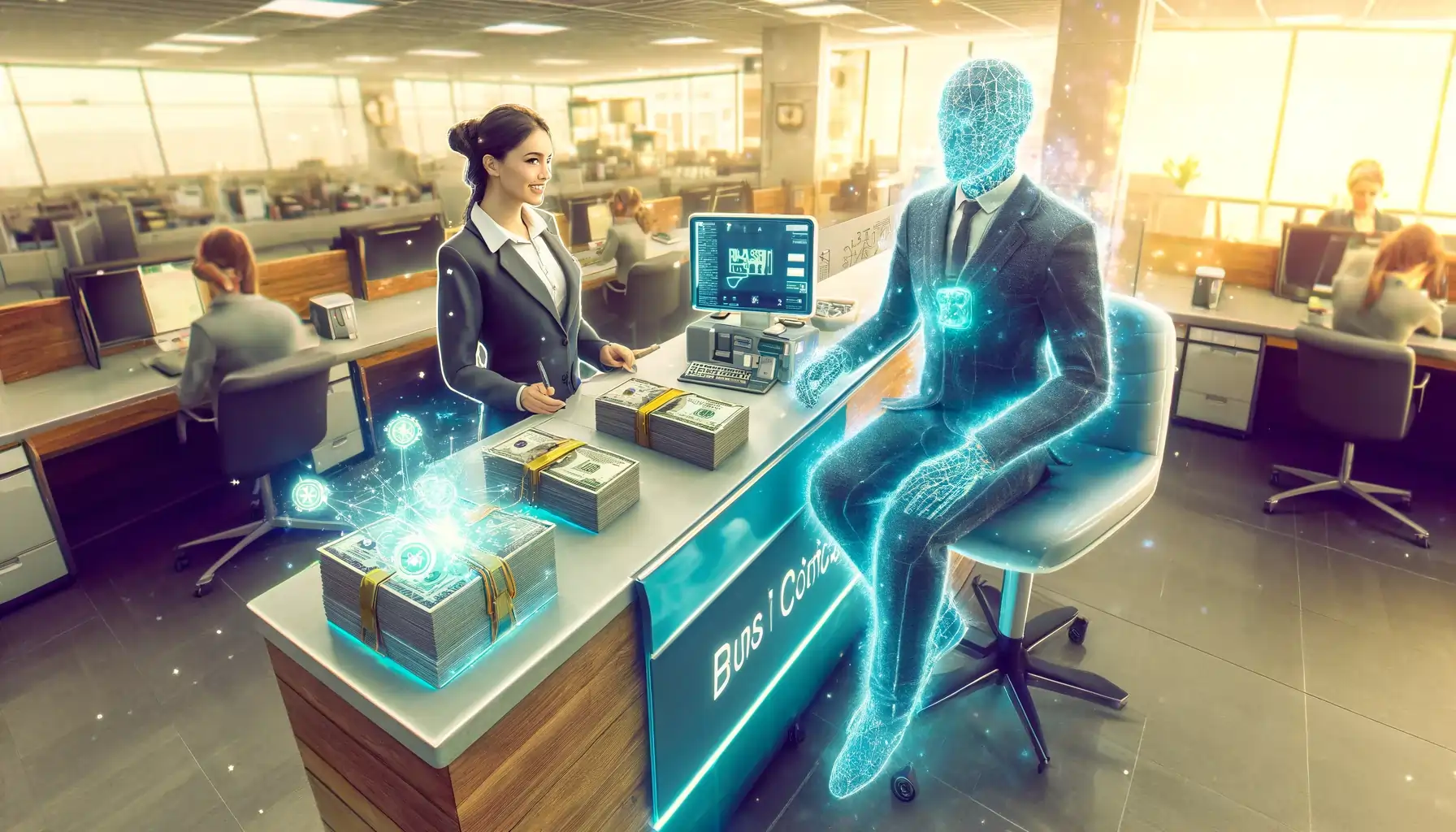
In the financial sector, AI smart contracts are reshaping how transactions and agreements are executed, bringing unprecedented cost savings and efficiency.
These smart contracts automate financial operations such as payments, loans, and securities settlement, reducing the need for intermediaries and the associated time and human error.
For instance, derivative trading can now be managed more effectively with contracts that adjust to market conditions in real-time. This not only speeds up the transaction process but also enhances security and trust among parties, as the terms are enforced impartially and transparently.
Additionally, AI algorithms assist in risk assessment, predictive analytics, and compliance, ensuring that operations adhere to regulatory requirements without additional overhead.
Innovations in Healthcare and Insurance

In the health and insurance field, AI-coded smart contracts provide a revolutionary approach to managing data and client relationships. These contracts improve the handling of medical records and claims, where precision and privacy are paramount.
AI-powered contracts in insurance can automatically adjust policy terms based on changing health metrics captured through wearable technology.
Moreover, in healthcare, these agreements ensure that patient data is shared securely among providers, only when necessary conditions are met, thus upholding stringent data privacy standards.
This leads to improved healthcare delivery and insurance services, optimizing both cost and patient care outcomes.
Improving Supply Chain Management
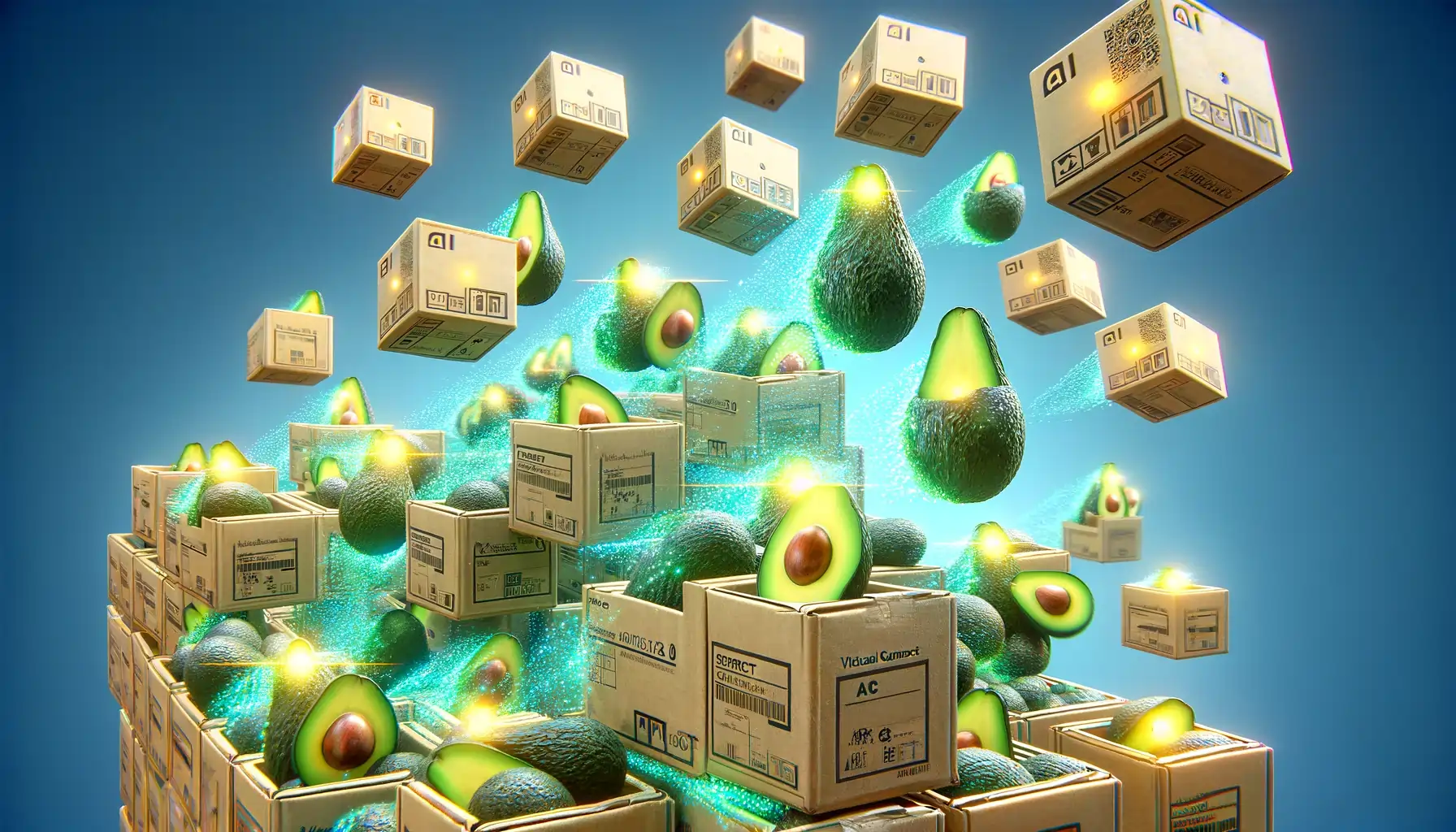
Supply chain management benefits significantly from the application of AI smart contracts by introducing automation and real-time data analytics into logistics.
These smart contracts enable products to be tracked from manufacturer to end-user without manual intervention, significantly reducing the potential for fraudulent activities and inefficiencies.
Furthermore, they ensure compliance with contracts terms through automatic verifications at each stage of the supply chain, from sourcing raw materials to the delivery of finished goods.
This not only ensures cost savings but also boosts transparency, allowing companies to quickly identify and address supply chain disruptions. With AI’s predictive analytics, these contracts forecast demands and automatically adjust orders, maintaining optimal inventory levels and reducing wastage.
Building Smarter Contracts: How Can You Use AI Tools for Smart Contract Development?
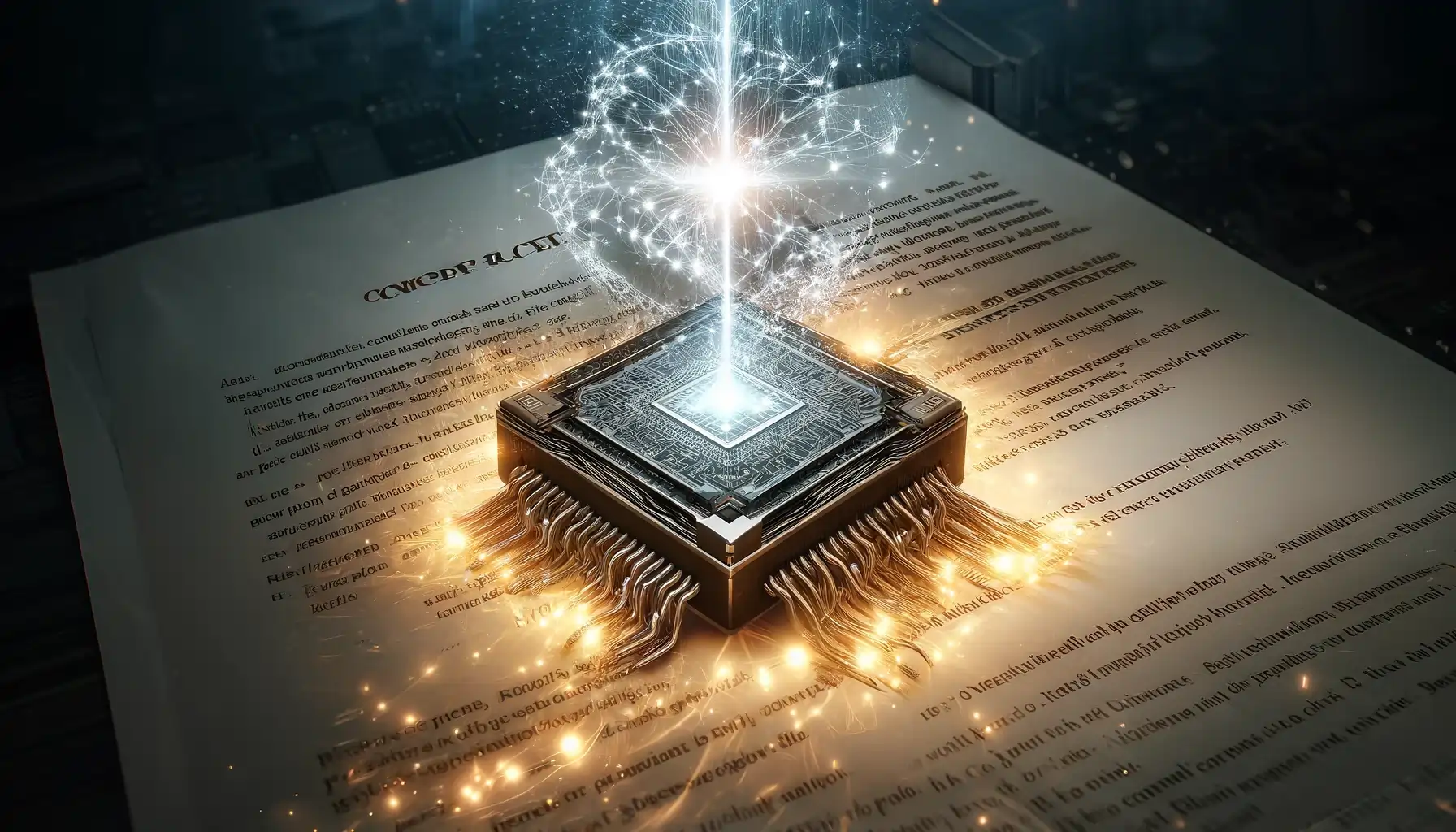
The development of smart contracts leverages a variety of AI tools to enhance their functionality and reliability.
These tools facilitate the integration of complex algorithms that enable contracts to become more than just automated scripts—they become dynamic solutions capable of adaptive behaviors and intelligent decision-making.
Utilizing AI technologies such as machine learning algorithms, natural language processing (NLP), and data analysis, developers can create smart contracts that not only execute predefined actions but also adapt to new conditions in real time.
By employing AI tools in smart contract development, you can ensure that contracts automatically update their parameters based on external data feeds, market conditions, or internal metrics.
For instance, AI algorithms can be used to optimize financial models within contracts, adjust them according to evolving financial risks, or manage complex chains of supply and demand in supply chain management.
This approach reduces human error and enhances efficiency, providing a robust platform for industries that require high reliability and precision.
Addressing the Challenges: Security and Ethical Considerations
As the application of AI in smart contracts evolves, it inherently brings forward complex challenges related to security and ethics.
Ensuring the security of these AI-coded smart contracts is paramount as they often handle sensitive and valuable transactions.
Moreover, the autonomous nature of these contracts introduces ethical considerations regarding decision-making and data privacy.
Enhancing Contract Security with AI
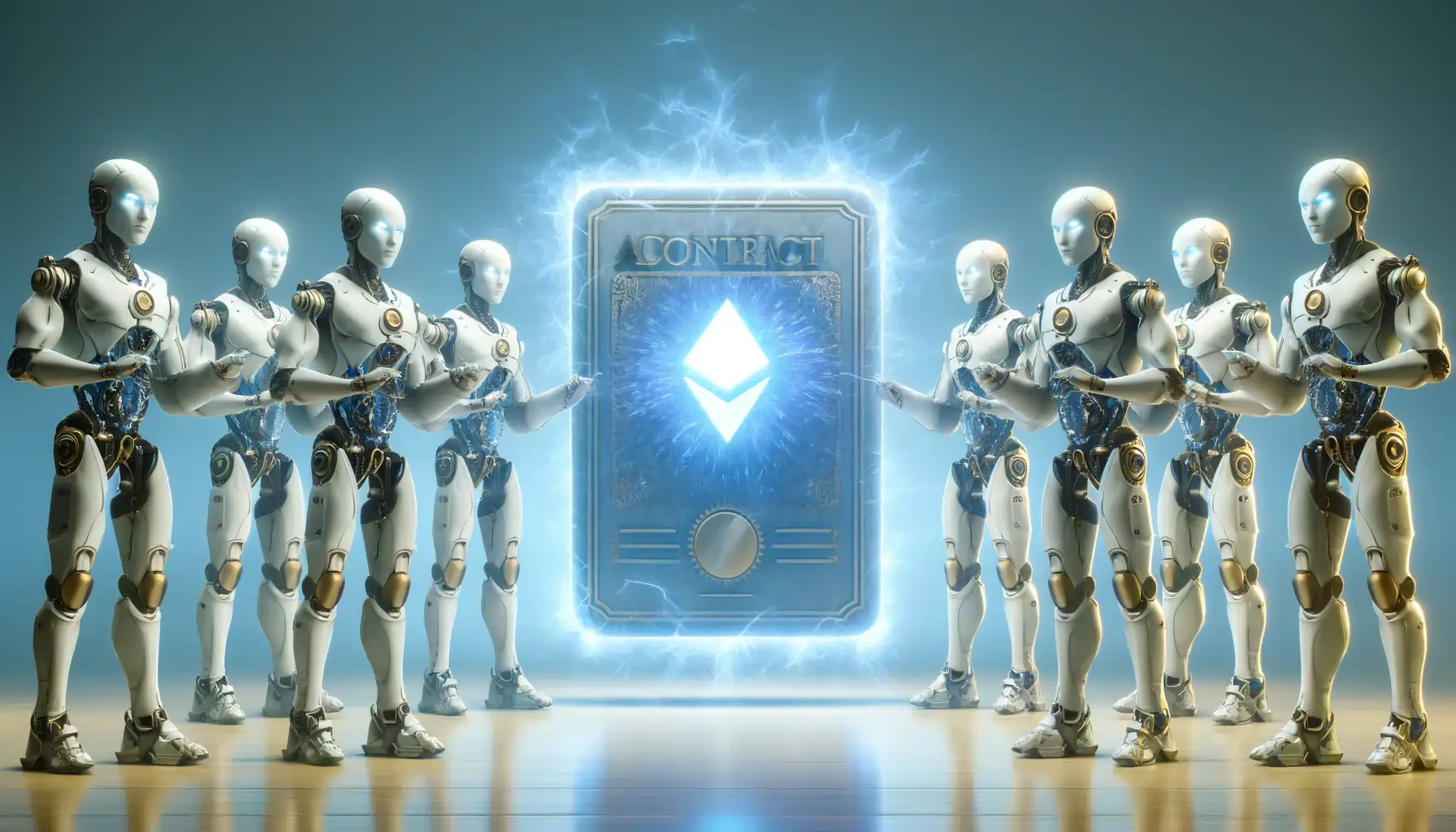
AI technologies offer potent solutions to enhance the security of smart contracts. Through machine learning algorithms, smart contracts can predict and prevent unauthorized actions by identifying patterns of malicious activities.
Blockchain technology enhances this security further by providing a tamper-proof ledger where all contract interactions are recorded.
Moreover, the integration of AI allows for real-time monitoring and automatic adjustments to security protocols, ensuring that the contracts remain resilient against evolving cyber threats.
Ethical and Legal Implications

The automation and intelligence capabilities of AI-powered smart contracts raise significant ethical and legal questions. Decisions made by these contracts can have far-reaching impacts on individuals and businesses.
For instance, how an AI interprets contractual terms can affect the outcomes of agreements, potentially leading to disputes or unintended consequences. Legally, there is also the question of liability when things go wrong—whether due to AI errors, data breaches, or flawed execution of contract terms.
To address these issues, it’s crucial to establish clear frameworks and guidelines that govern the use of AI in smart contracts. This includes ensuring transparency in how decisions are made and incorporating fail-safes that allow human intervention in critical situations.
By carefully considering these ethical and legal aspects, developers and businesses can harness the benefits of AI smart contracts while minimizing potential risks.
The Future of Smart Contracts: Trends and Predictions
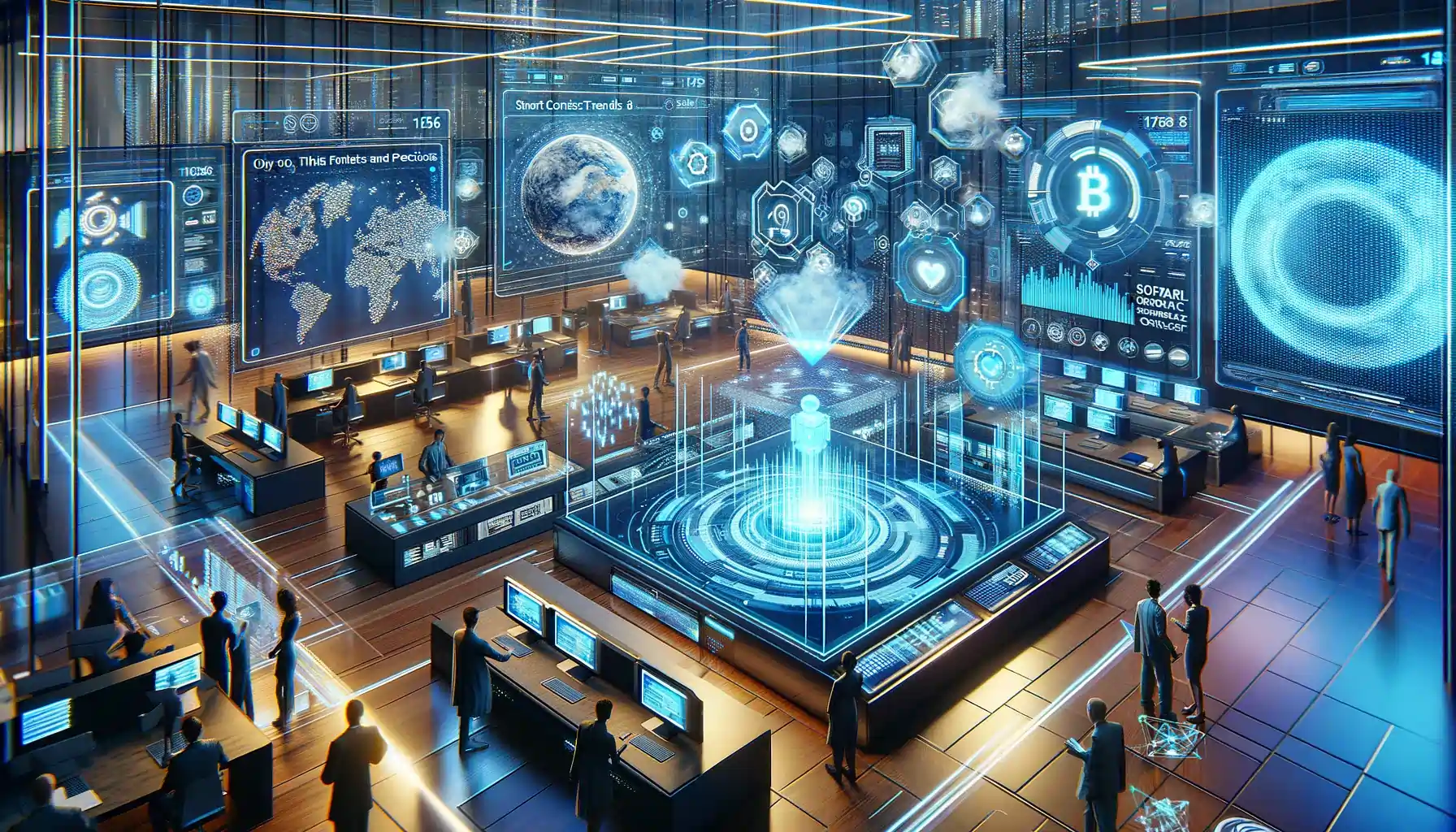
As we venture further into the realm of digital automation, the future of smart contracts, especially those powered by AI, is poised for transformative growth.
Innovations in AI technologies and blockchain networks are expected to drive smarter, more efficient, and highly secure contract mechanisms.
The convergence of machine learning, natural language processing, and blockchain will enable smart contracts to become more intuitive and capable of handling complex and nuanced transactions.
Predictive analytics integrated within smart contracts will allow for real-time adjustments based on external market conditions, enhancing their reliability and effectiveness in sectors like finance and supply management.
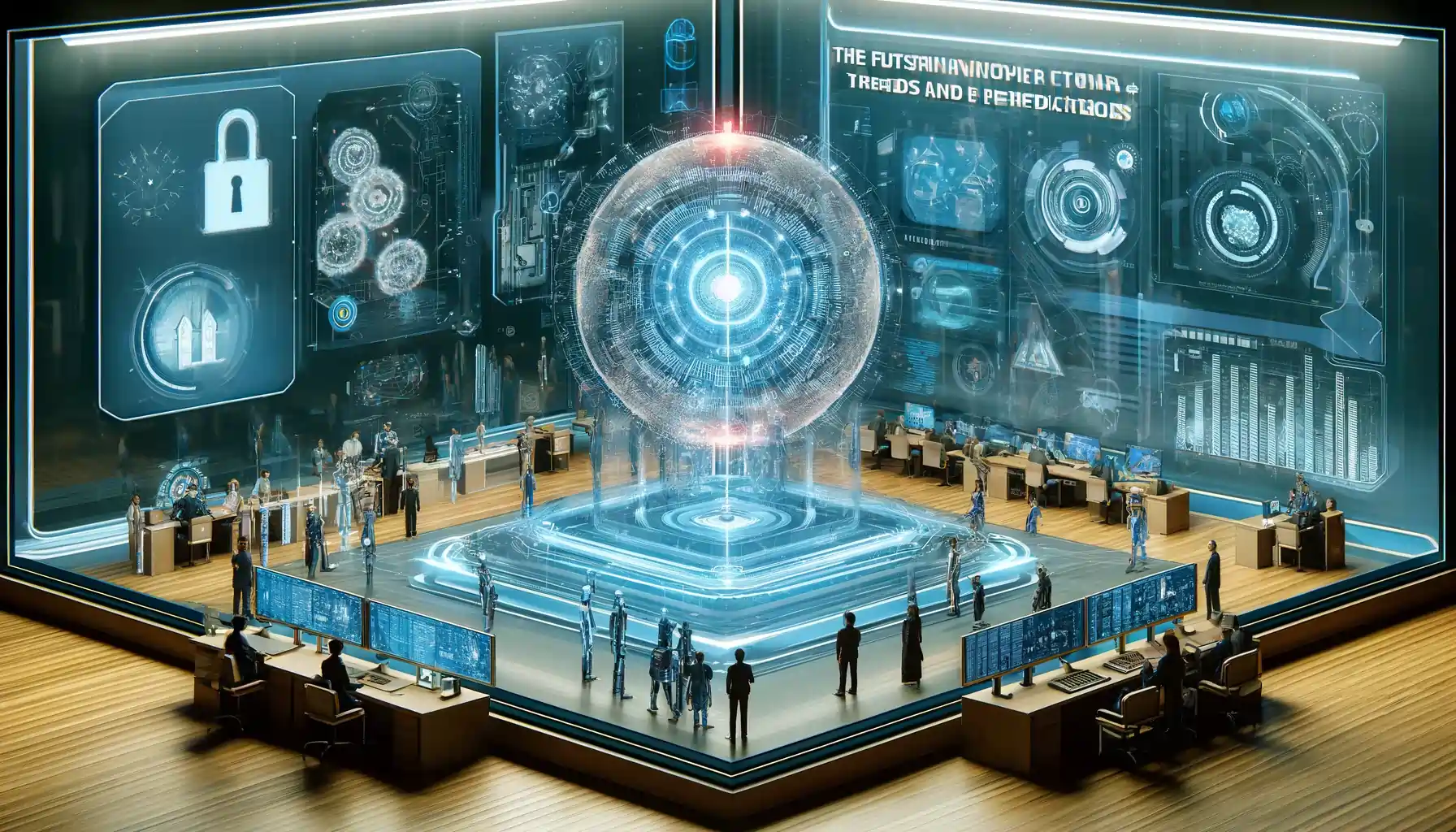
Furthermore, the adoption of these technologies will likely expand into sectors that traditionally rely on stringent contractual obligations such as real estate and governmental operations, where the need for transparency and accountability is paramount.
We can also anticipate significant advancements in regulatory compliance frameworks as governments and international bodies catch up with the technological leaps.
These changes will ensure that while smart contracts gain complexity and capability, they remain within ethical boundaries and legal standards, safeguarding against fraudulent activities and data breaches.
Final Reflections on the Advancements of AI Smart Contracts
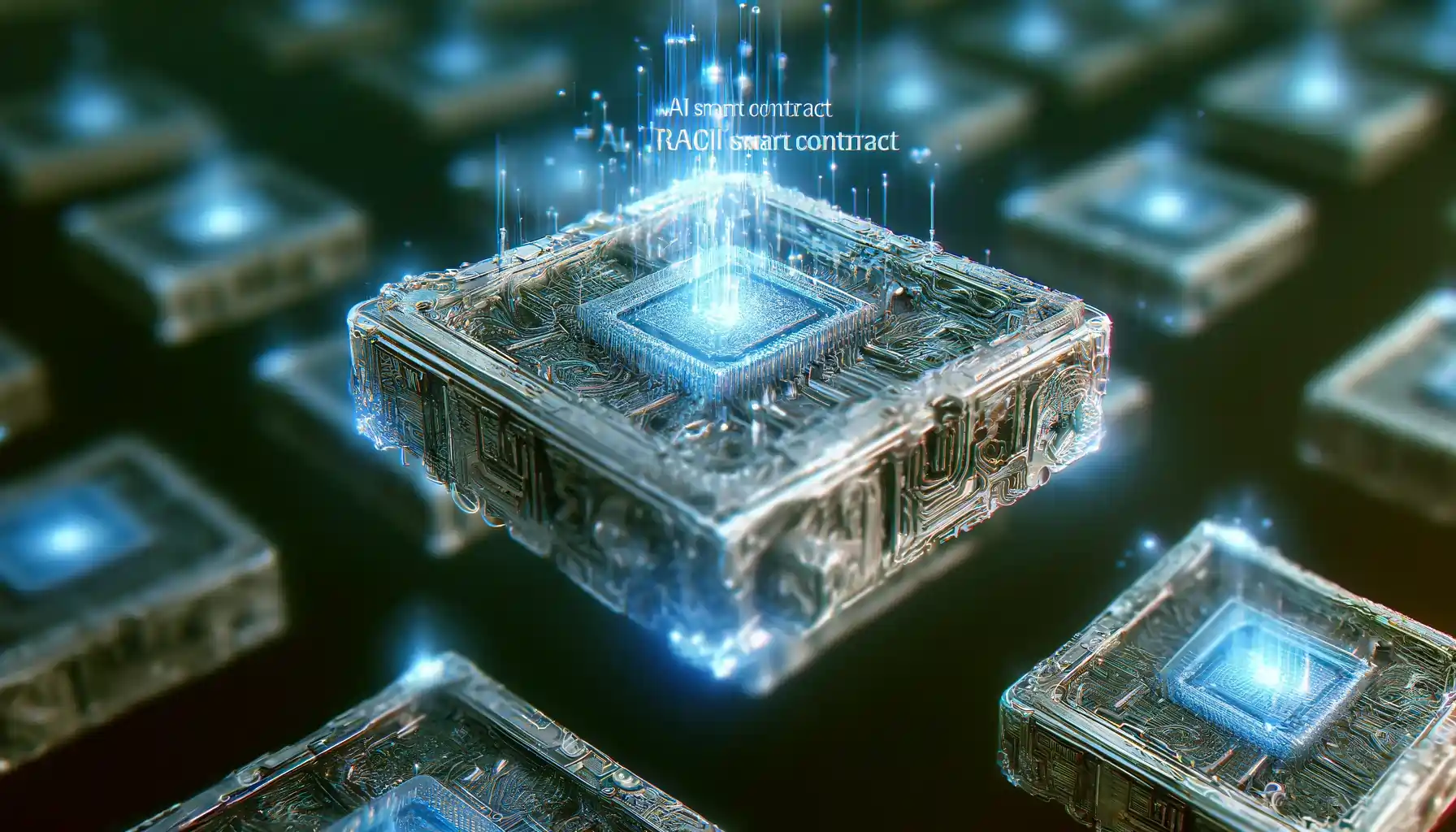
Reflecting on the advancements of AI smart contracts, it’s clear that they represent not just a technological evolution, but a paradigm shift in how we conceptualize and execute agreements in a digital age.
The integration of artificial intelligence with blockchain technology has not only enhanced the functionality of contracts but also broadened their applicability across various industries, bringing unprecedented efficiency and security.
The journey from traditional to AI-powered smart contracts is an ongoing one, filled with potential and promise. As these technologies continue to mature, their impact on business operations, legal frameworks, and societal norms will be profound. The key to harnessing the full potential of AI smart contracts lies in continuous innovation, thoughtful regulation, and a steadfast commitment to ethical practices.
As we look to the future, the role of AI in shaping the landscape of legal and contractual obligations is undeniable. Stakeholders must remain agile and informed to navigate this evolving terrain, ensuring that the benefits of such technological advances are realized across all sectors of society.
FAQ – Frequently Asked Questions About AI Smart Contracts
What are Examples of Smart Contracts?
Smart contracts are widely used across various industries to automate and secure transactions. Here are some notable examples:
- Financial Services: In the financial sector, smart contracts facilitate automated loan agreements, derivatives trading, and insurance claims. For instance, a smart contract can automatically release funds to a borrower once certain conditions, like credit score verification and collateral deposit, are met.
- Supply Chain Management: Smart contracts enhance supply chain management by efficiently tracking products from production through to delivery. They ensure compliance with contract terms at each stage, reducing fraud and improving efficiency. For example, a smart contract can automatically trigger payment once a shipment reaches its destination and passes quality checks.
- Healthcare: In the healthcare industry, smart contracts manage patient data, ensuring secure and authorized access to medical records. They can also automate insurance claims processing, reducing administrative overhead and improving patient care.
- Real Estate: Smart contracts facilitate real estate transactions by automating the transfer of property ownership once payment conditions are satisfied. This eliminates the need for intermediaries and reduces the risk of fraud.
These examples highlight the versatility and efficiency of smart contracts in automating and securing various types of transactions.
Can You Make Money from Smart Contracts?
Yes, there are several ways to make money from smart contracts:
- Development and Deployment: Developers can earn by creating and deploying smart contract codes for businesses and individuals. As the demand for customized smart contracts grows, skilled developers can charge for their expertise in smart contract development.
- Transaction Fees: If you create a smart contract platform or DApp (Decentralized Application), you can earn transaction fees each time users execute contracts on your platform. This model is similar to how traditional financial platforms charge for transaction processing.
- Investment Opportunities: Investing in blockchain projects that utilize smart contracts can also be profitable. As these projects gain traction and value, investors can realize significant returns.
- Staking and Yield Farming: In the DeFi (Decentralized Finance) space, smart contracts are used for staking and yield farming, where users can earn rewards by providing liquidity or staking their tokens in various protocols.
- Automating Business Processes: Businesses can save money and increase profits by using AI-powered smart contracts to automate and streamline operations, reducing human error and administrative costs.
These opportunities demonstrate how smart contracts can be leveraged to generate income and drive business efficiencies.
How Secure are AI-Powered Smart Contracts?
AI-powered smart contracts combine the robustness of blockchain with the intelligence of AI, offering enhanced security features:
- Immutable Ledger: Blockchain technology provides a tamper-proof ledger where all transactions and contract interactions are securely recorded. This ensures that once a contract is deployed, it cannot be altered.
- AI Algorithms for Fraud Detection: AI algorithms can analyze transaction patterns to detect and prevent fraudulent activities. By continuously learning from data, these algorithms improve their ability to identify suspicious behaviors and take preventive actions.
- Automated Security Protocols: AI enables real-time monitoring and automatic adjustment of security protocols, ensuring that smart contracts remain resilient against evolving cyber threats.
- Reduced Human Error: Automating contract execution reduces the risk of human error, which is often a significant source of security breaches.
Despite these advantages, it’s crucial to ensure that AI-powered smart contracts are thoroughly tested and audited for vulnerabilities before deployment. Establishing robust security measures and following best practices can further enhance their reliability and trustworthiness.
Interested in learning more? Don’t miss our best educational articles:
- What Are the Best Crypto Writing Jobs?
- What Is a Defi Staking Platform?
- Mastering Defi Security: Everything You Need to Know
- Where to Find Remote Blockchain Jobs
- What Are the Best Books About Blockchain?
Discover them all by visiting our Learn section!

